In 1973, Wole Soyinka found himself in the English Department of a British university where certain prominent professors “did not believe in any such mythical beast as ‘African literature.’”
Living in a world where people thought that Africa had nothing to offer in terms of forms and theories of storytelling, Soyinka and his generation had their work cut out for them. Nadine Gordimer, Ngugi wa Thiong, Chinua Achebe, Naguib Mafouz—they were all foot soldiers in a cultural crusade aimed at establishing African literature as a legitimate aesthetic category.
Things are different today. Yes, the struggle continues, but the stakes have since changed. Whereas Soyinka and his generation fought to legitimize the “African” in African literature, our generation has taken up the task of reinventing it. We want the “African” in African literature to mean something more fluid, dynamic, and inclusive.
The African Literary Person of Year Award celebrates the writer who has taken the lead in challenging and, in the process, expanding our assumptions about what it means to be an African writer and what it means to speak of a story as African. It recognizes the literary figure who explores Africa as a powerful idea that can mean many different, beautiful, surprising, and unconventional things. This would be someone who has gone to great lengths to make us encounter Africa as an idea that does not restrain creativity but inspires the most boundary-pushing and revolutionary work.
The 2015 African literary person of the year goes to Nnedi Okorafor for the many ways in which Africa inspires innovation in her approach to storytelling.
The way she writes about Africa is refreshingly different. Take for example her 2014 novel titled Lagoon. The novel follows the near-apocalyptic chaos that takes over Lagos when aliens land on its shores. In the novel, she pushes us to imagine a futuristic but recognizable Lagos swarming with aliens and creatures. The novel is a mashup of cultural iconographies that range from alien spaceships and viral youtube videos to Igbo ancestral masquerades and folkloric archetypes to Karl Marx and Danfo buses. She tells a story about Lagos by situating the city, its fears and anxieties, its history and its landscape within a global network of literary traditions and philosophical concerns. A novel such as Lagoon brings us to the conclusion that African life is so complex, so rich that to adequately give an account of it we have to draw inspiration from everywhere—from Nollywood but also from Star Wars, from Esu but also from American rappers, from Pentecostal churches but also from underground LGBT communities.
Okorafor is, in many ways, the writer’s writer. Her commitment to the craft is evident in the rapid expansion of her body of work. This year alone, she’s published two novels—The Book of Phoenix and Binti—and the children’s book Chicken in the Kitchen, not to mention the short stories. On social media, she shares her unbelievably hectic life as a university professor and a jet-setting writer booked for lectures and festivals the world over. This kind of commitment to the craft is worth celebrating.
From Adichie’s bold statement criticizing Nigeria’s anti-gay laws to Teju Cole’s attempt to give a fresh perspective to the Hebdo/Pen America controversy, African writers have always been at the forefront of debates about important global concerns. In 2011, Okorafor wrote a post on her blog criticizing H. P. Lovecraft’s status as the face of the World Fantasy Award given his racist leanings. With that post, she joined a growing circle of novelists and critics who thought it was absurd that the bust of an avowed racist was mounted on the World Fantasy Award trophy.
In the years that followed, she continued the conversation in interviews and social media posts and quickly became a major voice of dissent calling for change. This criticism paid off because last month, it was announced that the World Fantasy Award trophy would no longer include a bust of the racist writer—a victory that shows African literary voices shaping the global movement of ideas.
Okorafor’s success also demonstrates the delightful fact that the contemporary African literary scene is dominated by women. Soyinka first called attention to this trend in a Guardian video interview. He was asked what he thought of the contemporary African literary scene. “I am cheered by the young writers coming up,” he said, who are “mostly female” and “beating the living hell out of the men.”
Writers like Okorafor prove Soyinka’s observation on a daily basis. For those who do not know, it has not always been like that. Decades after African fiction attained global recognition in the 1950s, the African literary community was little more than a boy’s club. Flora Nwapa, Nadine Gordimer, Buchi Emecheta and other pioneering female novelists attained literary success at a time when being an African writer was almost synonymous with being a man.
Today, it’s different. It’s not just that there are more African women writing but that these women are responsible for shaping African fiction into something more experimental and innovative.
Okorafor is an African writer not because of her nationality but because, in an increasingly globalized world, she has done a lot to make readers the world over connect with Africa as an idea, as a culture of storytelling, and as a space where life is beautifully hybrid and dynamic.
Kudos to Okorafor for inspiring us with her work and her intellectual practice! I wish her the best and hope that 2016 opens more avenues for her to spread her beautiful message.


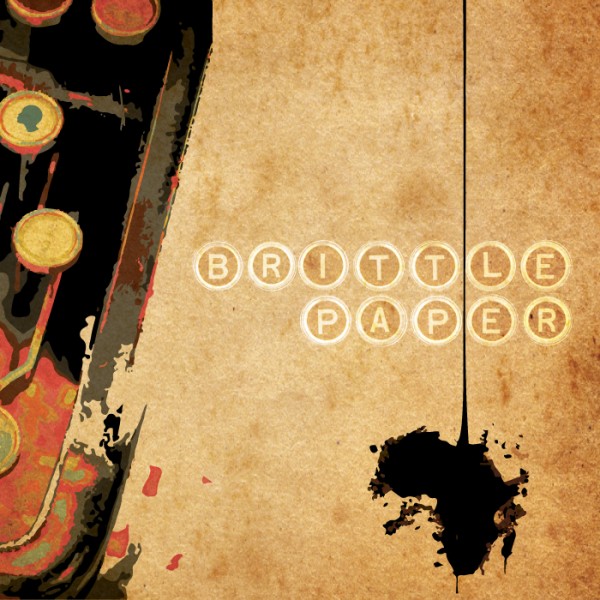


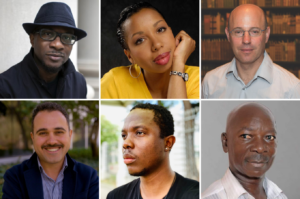
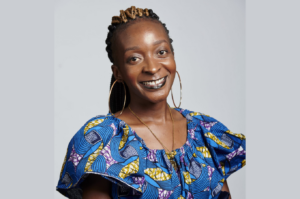
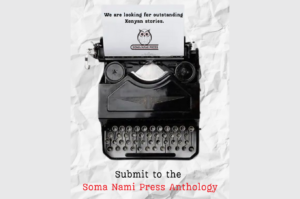
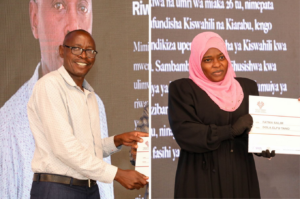

Pixel Scroll 12/14 The Trixels Scroll | File 770 December 14, 2015 23:05
[…] (9) OKORAFOR. Nnedi Okorafor has been named the winner of Brittle Paper’s African Literary Person of the Year Award. […]